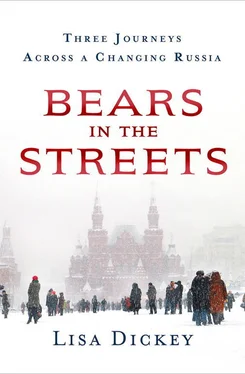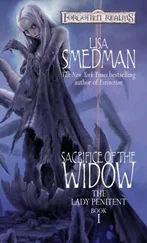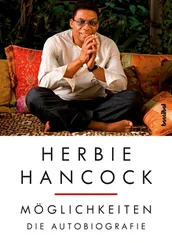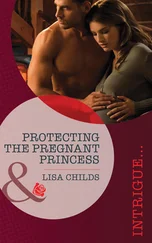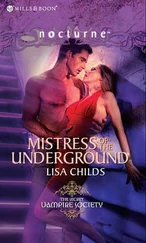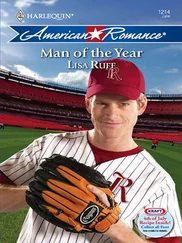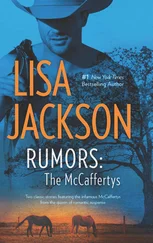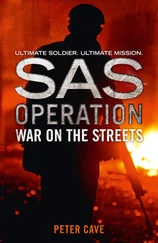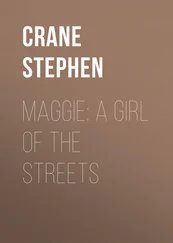I brought out my laptop to show her photos from that visit—of Anya and Masha on Revolution Square, of Sergei and Lyuba, and finally the one of her and me, both scowling into the camera—which, ironically enough, made her smile, the first time I’d ever seen her do so. Then I showed her a few pictures from my lunch with Anya.
“These were taken yesterday,” I told her. She looked at me in shock.
“Yesterday? And you already had them developed? So fast.” Anya and I both laughed. Twenty years later, and I still need to explain this digital camera thing?
We took our seats at the small dining room table while Valentina bustled around the kitchen, preparing a lunch of pelmeni with sour cream and a tomato salad slathered in oil. She brought out a bottle of semisweet Russian champagne and a dusty Tetra Pak box of red wine. “Have whichever you like,” she said, as Max picked up the wine and peered at it. “‘The most popular wine in Italy,’” he said, reading off the side of the box. He raised his eyebrows. “Let’s have the champagne,” he said.
When Valentina finally stopped bustling and sat down, I got right to business. “So, I heard that you saw the meteor…?” I asked.
“No,” she replied. “There was a meteor?”
“Grandmother,” Anya said, “you did see it.”
“No, I didn’t.” She seemed annoyed that we didn’t believe her.
“Remember?” Anya insisted. “Two years ago? You saw—”
“Ah, that one!” she said. “Of course, I saw that one. I thought you meant there’d been one today.” Max, who’d just taken a sip of champagne, nearly did a spit take.
Now that she knew which meteor we were referring to, she gave details. “I saw it fly across the sky, out that window,” she said, pointing to a large window covered with a sheer lace curtain. “There was a bright flash, and I was very scared. I even screamed.” I asked if it broke the window. “No,” she said. “Because it didn’t fly right into the courtyard, of course.” She thought for a moment. “But it did break my neighbor’s windows.”
The four of us chatted amiably through the meal, and I began to wonder how I’d found Valentina so awful before. She was a harmless old lady, and probably had scowled so much because she’d been forced to live with a couple of random Americans who kept weird hours and stared endlessly at their laptops. True, she didn’t smile much even now, but she was obviously excited that Anya and Max had come to visit. She bounced up and down like a jack-in-the-box throughout lunch, forever making sure we had everything we needed. She was especially attentive to Max, asking him repeatedly if he wanted more pelmeni, more tomatoes, more champagne, a cup of tea, or some cookies.
It was amazing to see how much this family had changed in just two generations. Valentina was a twentieth-century Russian woman, content with her modest apartment, simple meals, and quiet existence. Her life revolved around family, and she didn’t appear to desire anything but food on the table and visits from her grandchildren. In contrast, Anya was an utterly twenty-first-century creation: cosmopolitan, multilingual, eager to explore the world, and blessed with the means to do so. Even Valentina seemed amazed by the difference.
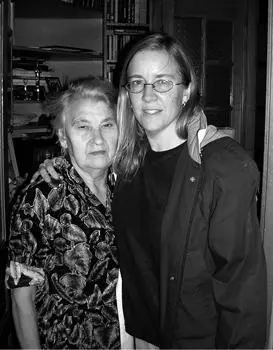
Scowling Valentina and me, 2005 (PHOTO BY DAVID HILLEGAS)
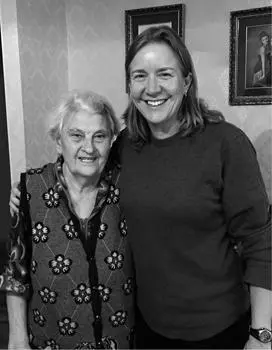
Smiling (?) Valentina and me, 2015 (PHOTO BY LISA DICKEY)
“Have you seen their dachas?” she asked me. “Masha has a three-story house. Anya has a three-story house. Everybody has a three-story house.” She shook her head. “I doubt if even Putin has such a place as they do.” Anya laughed, and at last Valentina did too, a dry little cackle.
Before leaving, we decided to take a photo mimicking the one from 2005. “Grandmother, you didn’t smile in the other picture. So, smile now!” Anya said. But Valentina scowled as usual while Anya snapped a photo with my phone. Then Anya commanded her, louder: “Grandmother, smile! ” And finally she did—sort of. The resulting picture is another classic, with Valentina baring her teeth as if preparing to bite me.
* * *
The next afternoon, I strolled to the Wild Boudoir Café, where Anya had arranged for us to have lunch with her sister Masha.
From the moment I walked in, I felt self-conscious. With its cool white interior and parquet floors, the restaurant was rather chic, and everyone there was much better dressed than I was. And apparently I was late, because not only were Anya and Masha seated at a table, they had already ordered. Masha said hello, then introduced me to her five-year-old son Nikita, who, I instantly noted, was also dressed better than me in his little oxford-cloth shirt and blue sport coat.
For as easily as the conversation had flowed earlier between Anya and me, the conversation with Masha felt stilted from the start. We exchanged pleasantries, but there was little warmth behind them, and within minutes the talk turned to politics—specifically, the West’s sanctions against Russia. “There have been no visible effects of sanctions here,” she told me. “We can buy whatever we need; we can make cheese and any other products here. It hasn’t affected us at all.” She sipped a spoonful of her delectable-looking pumpkin soup, as if bolstering her point.
I asked her if she remembered what she’d told me 20 years ago, when she was 16. She didn’t, so I read her the quotes aloud, specifically the part where she said she didn’t think much about politics. She smiled a tight little smile.
We ate in silence for a moment, and then she asked, “Are you planning to go to Crimea on this trip?”
“No,” I replied. She asked why. I explained that this was a 20-years-later project, so I was visiting the same places as before. Then I added, “I don’t think Americans are particularly welcome in Ukraine right now, anyway.”
She scoffed. “Of course you can go to Crimea,” she said. “There is absolutely no reason not to. You’re obviously getting incorrect information from the American press.” And with that, the floodgates opened: for the next several minutes, Masha railed against the American media for reporting falsehoods, blindly supporting President Obama, and generally being a tool of the government. “Everything in America is geared this way,” she continued. “Movies, TV, everything is all about ‘America is great! We’re number one!’”
This last point was arguably true, but I couldn’t let her statements about the American media pass without comment. I told her it was a bit rich to suggest that the American press is a tool of the government, when Vladimir Putin has systematically shut down independent journalism in Russia. Most major Russian media outlets are state-controlled, which isn’t the case in the United States, I argued.
“Well, the Russian press is certainly more free than the American press,” she countered. “They can report anything they want.” And the American press can’t? I asked. “No,” she said.
This was absurd. Of all the arguments one could make against the American press or government—and there are many—this was simply not one of them. I was incredulous, not only that she believed what she was saying, but that she’d launched into it within minutes of our sitting down to lunch.
“But, Masha,” I said, “what about all the Russian journalists that have been murdered for reporting on Chechnya? What about Anna Politkovskaya?”
Читать дальше
